Snowboards

- - 20 %
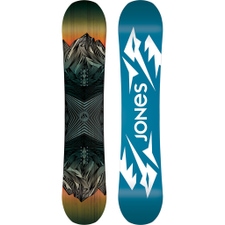 Jones SnowboardsProdigy 23/24 Snowboard KidsMSRP 299,95 €239,95 €Available Sizes:130
Jones SnowboardsProdigy 23/24 Snowboard KidsMSRP 299,95 €239,95 €Available Sizes:130 - - 30 %
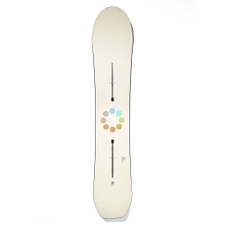 BurtonFamily Tree Gril Master 23/24 SnowboardMSRP 699,95 €489,95 €Available Sizes:150
BurtonFamily Tree Gril Master 23/24 SnowboardMSRP 699,95 €489,95 €Available Sizes:150
- - 30 %
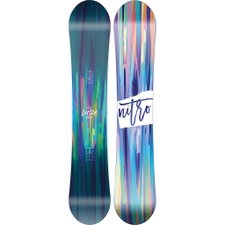 NitroLectra Brush 23/24 Snowboard Board (co) WomenMSRP 399,90 €279,95 €Available Sizes:142149
NitroLectra Brush 23/24 Snowboard Board (co) WomenMSRP 399,90 €279,95 €Available Sizes:142149
- - 20 %
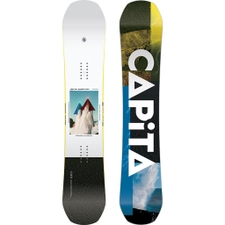 CapitaDefenders Of Awesome 23/24 SnowboardMSRP 559,95 €449,95 €Available Sizes:158
CapitaDefenders Of Awesome 23/24 SnowboardMSRP 559,95 €449,95 €Available Sizes:158
- - 30 %
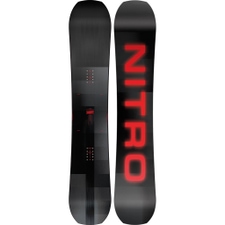 NitroTeam Pro 23/24 Snowboard Board (co)MSRP 659,90 €459,95 €Available Sizes:149
NitroTeam Pro 23/24 Snowboard Board (co)MSRP 659,90 €459,95 €Available Sizes:149
- - 30 %
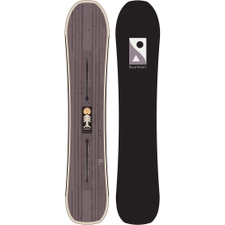 BurtonCartographer 23/24 SnowboardMSRP 549,95 €384,95 €Available Sizes:149154
BurtonCartographer 23/24 SnowboardMSRP 549,95 €384,95 €Available Sizes:149154
- - 20 %
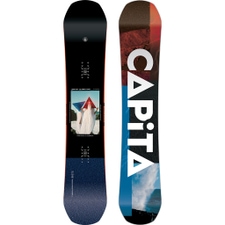 CapitaDefenders Of Awesome Wide 23/24 SnowboardMSRP 559,95 €449,95 €Available Sizes:153
CapitaDefenders Of Awesome Wide 23/24 SnowboardMSRP 559,95 €449,95 €Available Sizes:153
- - 30 %
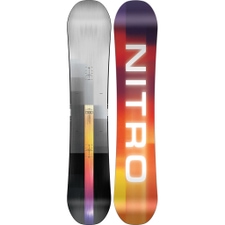 NitroFuture Team 23/24 Snowboard KidsMSRP 399,90 €279,95 €Available Sizes:138142147
NitroFuture Team 23/24 Snowboard KidsMSRP 399,90 €279,95 €Available Sizes:138142147
- - 29 %
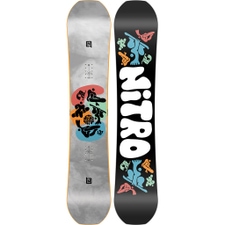 NitroRipper 23/24 Snowboard KidsMSRP 339,90 €239,95 €Available Sizes:132
NitroRipper 23/24 Snowboard KidsMSRP 339,90 €239,95 €Available Sizes:132
- - 30 %
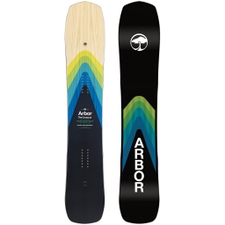 ArborCrosscut Camber W 23/24 SnowboardMSRP 699,95 €489,95 €Available Sizes:159
ArborCrosscut Camber W 23/24 SnowboardMSRP 699,95 €489,95 €Available Sizes:159
- - 31 %
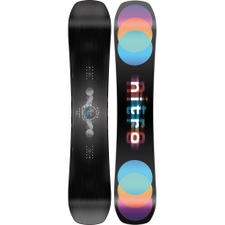 NitroOptisym 23/24 Snowboard MenMSRP 579,90 €399,95 €Available Sizes:153
NitroOptisym 23/24 Snowboard MenMSRP 579,90 €399,95 €Available Sizes:153
- - 30 %
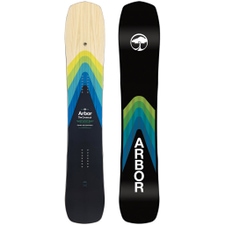 ArborCrosscut Camber 23/24 SnowboardMSRP 699,95 €489,95 €Available Sizes:154162
ArborCrosscut Camber 23/24 SnowboardMSRP 699,95 €489,95 €Available Sizes:154162
- - 22 %
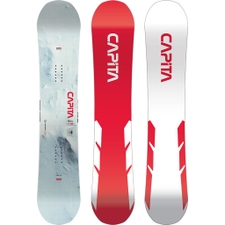 CapitaMercury 23/24 SnowboardMSRP 639,95 €499,95 €Available Sizes:150153155
CapitaMercury 23/24 SnowboardMSRP 639,95 €499,95 €Available Sizes:150153155
- - 30 %
 NitroRipper 23/24 Snowboard Board (co) KidsMSRP 249,90 €174,95 €Available Sizes:121
NitroRipper 23/24 Snowboard Board (co) KidsMSRP 249,90 €174,95 €Available Sizes:121
- - 30 %
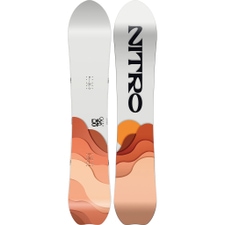 NitroDrop 23/24 Snowboard WomenMSRP 549,90 €384,95 €Available Sizes:146149152
NitroDrop 23/24 Snowboard WomenMSRP 549,90 €384,95 €Available Sizes:146149152
- - 20 %
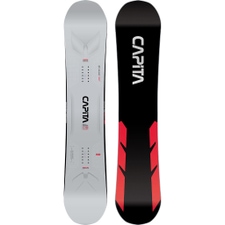 CapitaMega Mercury Wide 23/24 SnowboardMSRP 799,95 €639,95 €Available Sizes:156
CapitaMega Mercury Wide 23/24 SnowboardMSRP 799,95 €639,95 €Available Sizes:156
- - 30 %
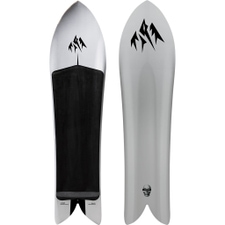 Jones SnowboardsMountain Surfer 23/24 SnowboardMSRP 599,95 €419,95 €Available Sizes:142152
Jones SnowboardsMountain Surfer 23/24 SnowboardMSRP 599,95 €419,95 €Available Sizes:142152 - - 31 %
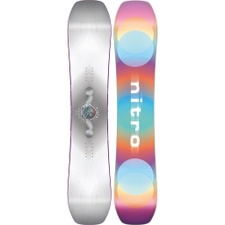 NitroOptisym 23/24 Snowboard WomenMSRP 579,90 €399,95 €Available Sizes:138142146
NitroOptisym 23/24 Snowboard WomenMSRP 579,90 €399,95 €Available Sizes:138142146
- - 30 %
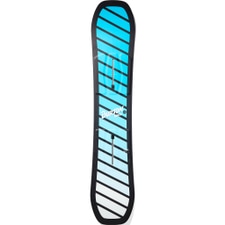 BurtonSmalls 23/24 Snowboard Blue KidsMSRP 329,95 €229,95 €Available Sizes:130134138142
BurtonSmalls 23/24 Snowboard Blue KidsMSRP 329,95 €229,95 €Available Sizes:130134138142
- - 30 %
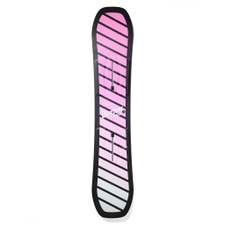 BurtonSmalls 23/24 Snowboard Pink KidsMSRP 329,95 €229,95 €Available Sizes:130134138142
BurtonSmalls 23/24 Snowboard Pink KidsMSRP 329,95 €229,95 €Available Sizes:130134138142
- - 30 %
 Rome SnowboardsMuse 23/24 Snowboard WomenMSRP 499,95 €349,95 €Available Sizes:149
Rome SnowboardsMuse 23/24 Snowboard WomenMSRP 499,95 €349,95 €Available Sizes:149 - - 30 %
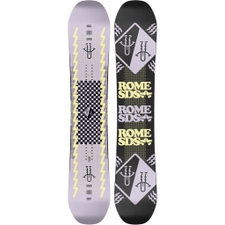 Rome SnowboardsArtifact 23/24 Snowboard MenMSRP 449,95 €315,95 €Available Sizes:147
Rome SnowboardsArtifact 23/24 Snowboard MenMSRP 449,95 €315,95 €Available Sizes:147 - - 30 %
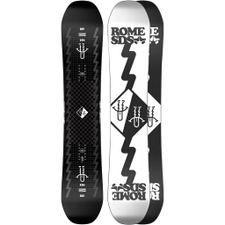 Rome SnowboardsArtifact Pro 23/24 Snowboard MenMSRP 529,95 €369,95 €Available Sizes:156
Rome SnowboardsArtifact Pro 23/24 Snowboard MenMSRP 529,95 €369,95 €Available Sizes:156 - - 30 %
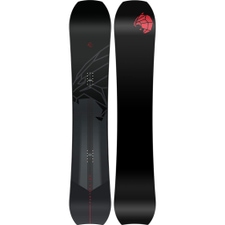 NitroPantera 23/24 SnowboardMSRP 759,90 €529,95 €Available Sizes:160
NitroPantera 23/24 SnowboardMSRP 759,90 €529,95 €Available Sizes:160
- - 20 %
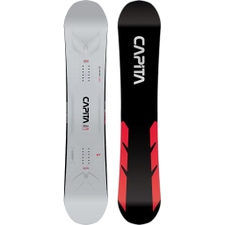 CapitaMega Mercury 23/24 SnowboardMSRP 799,95 €639,95 €Available Sizes:155
CapitaMega Mercury 23/24 SnowboardMSRP 799,95 €639,95 €Available Sizes:155

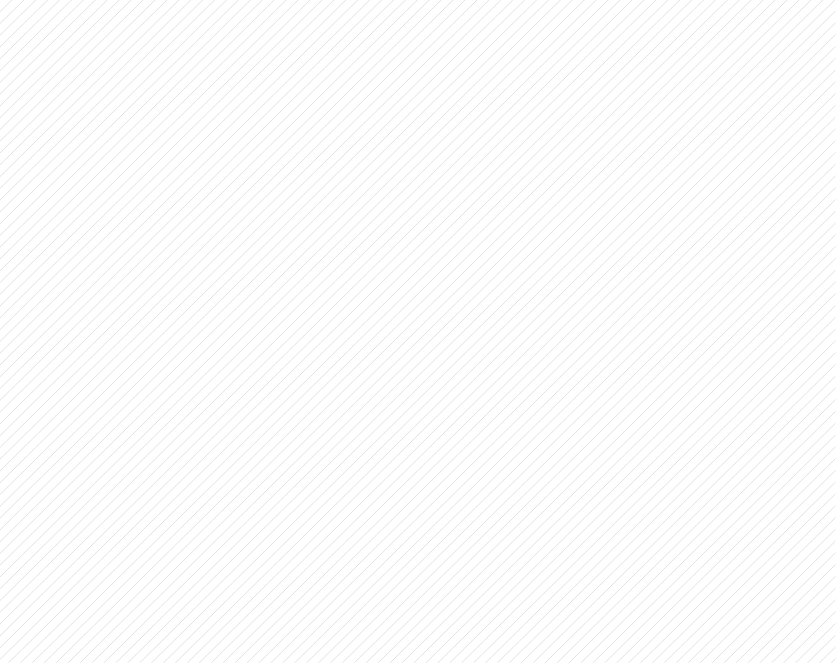
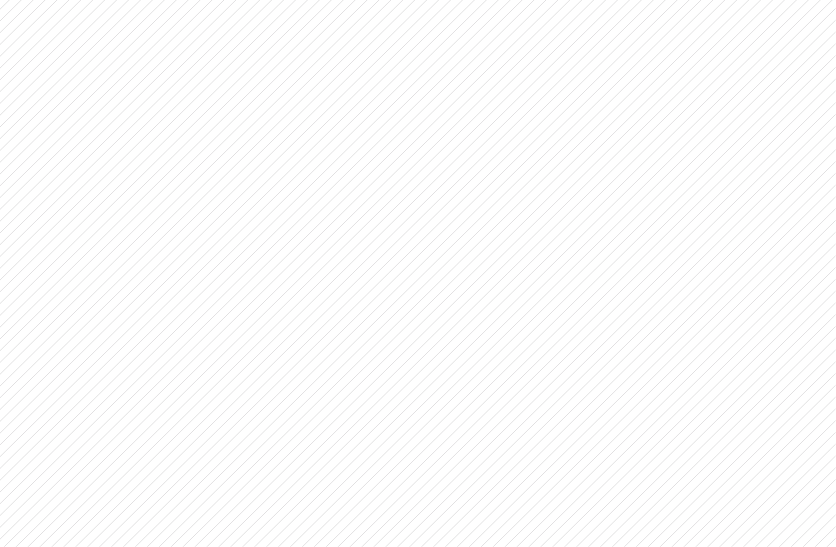
Constantly changing technologies do not stop at snowboards. Shape, materials, sustainability aspects - there are always new things to discover. In order not to lose the overview and to find the best board for you, we have summarized the most important information.
Types of snowboards
Are you looking for a board that will accompany you on any terrain and show the best performance in any snow conditions, then an all-mountain snowboard is just right. Such boards are very versatile - the medium to hard flex offers you stability on the slopes despite high speed, good control during turns and at the same time is good in the park and freeride.
If you are sure that you need your board mainly off-piste, then it is best to choose a freeride board. The directional shape is optimal for steep terrain and adventures in deep snow. The board is more suitable for advanced riders and has a harder flex to give you more control and stability.
You prefer to hang out in the park and hone your jumps? If you can answer this question with a resounding "yes", then it's best to go for a freestyle board. They tend to be shorter and have a softer flex to stand up to your artwork. Their twin-tip shape makes it possible to use both edges and easier to push and butter the board.
You will preferably choose a splitboard if you prefer to climb the mountain under your own power instead of the lift. The board can be split lengthwise and then functions like a touring ski. This allows you to climb completely untouched areas of the mountain.
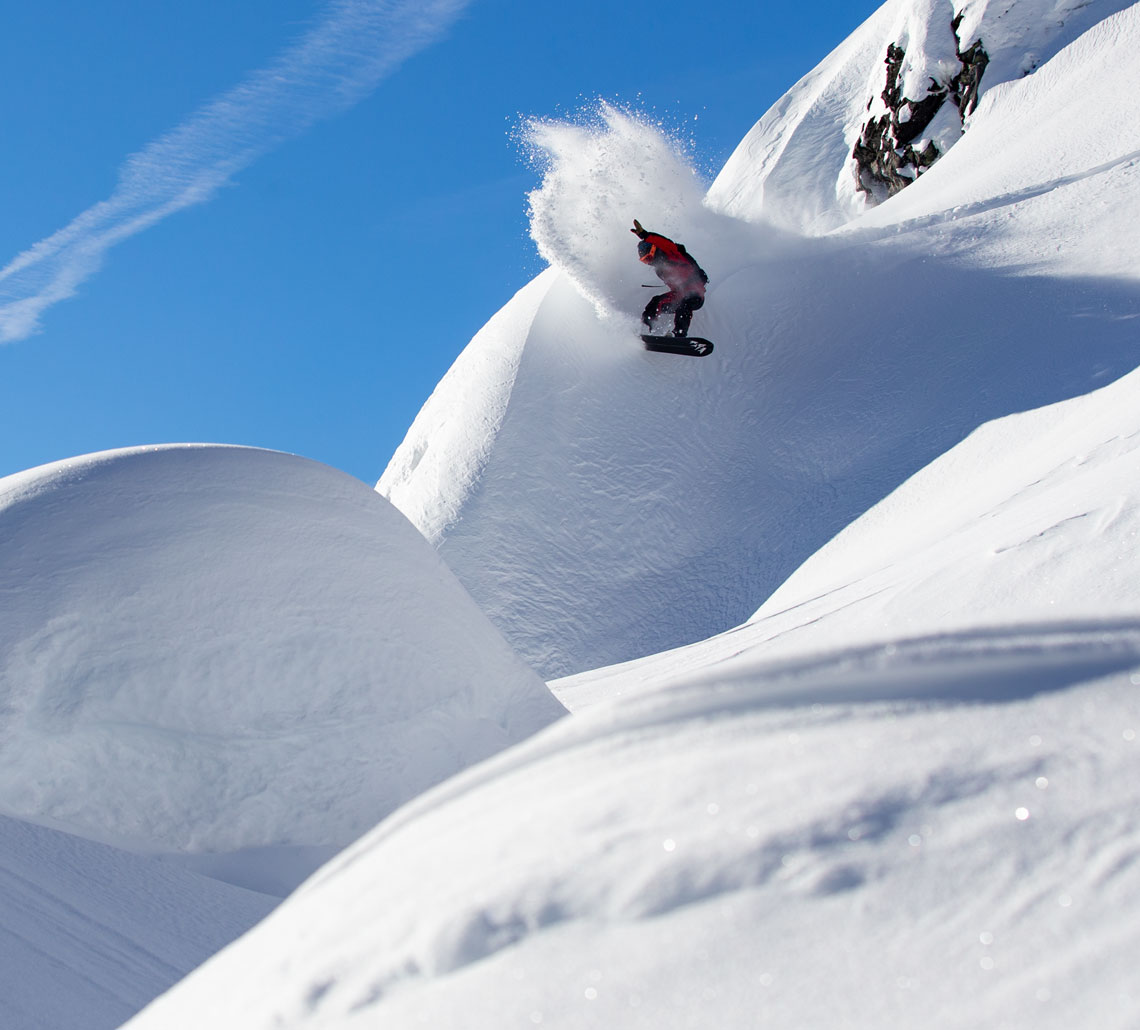
Before the descent, you simply clip both board halves together again, remove the skins, and you're ready for your descent. Due to the technical diversity, which offers you a splitboard, it is somewhat heavier, and also the price is somewhat higher.
Bindings
The bindings that fit your snowboard depend on the flex, the binding system and your desired entry level. Flex levels range from soft, to medium, to hard flex. You can choose between 2x4, 4x4, Burton 3D inserts and the channel system. Depending on which entry you prefer, you can choose between rear-entry, step-in and strap-in bindings. For more details, check out our snowboard bindings.
Length of the board
There are also differences in sizes! As a rule of thumb, the board should reach at least up to your chin. There are also things to consider:
As a beginner, we recommend you rather a shorter board. On the one hand, this has the advantage that you can control it more easily. If you are already a bit more experienced and would describe yourself as an advanced rider, then you can calmly reach for a slightly longer board. The extra length gives you more speed. Freeriders also tend to prefer a longer board, as it provides more float in deep snow. As a park rider, on the other hand, you'll probably have more fun with a shorter board, as you can move it around the turns more easily and take more control on the jumps.
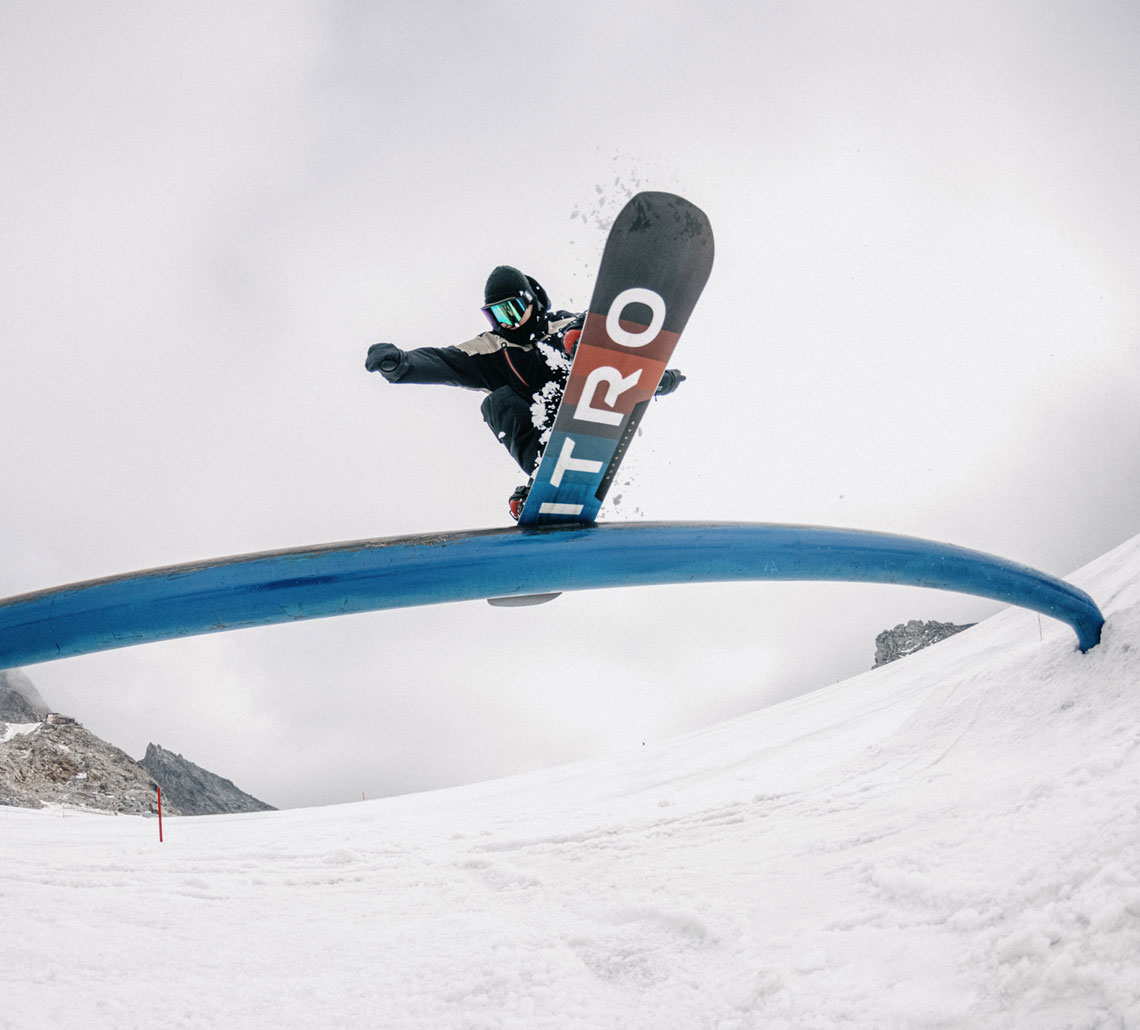
Rocker, Camber and Flat - Board Profiles and their Differences
As with skis, there are very different profiles for snowboards and splitboards that snowboard manufacturers have come up with over the years. The three main protagonists are called: Rocker, Camber and Flat. But why limit yourself to just three profiles when there are so many options? That's probably what the manufacturers thought, too, and they're making us happy with two more profiles: Hybrid Camber and Hybrid Rocker.
CAMBER
Camber snowboards have the "classic" or positive preload. If you lay the board flat on the ground, the outer contact points lie on the nose and tail. Once the standard in snowboard construction, this type of camber still guarantees maximum performance, pop and edge grip.
ROCKER
A snowboard in rocker construction has a negative preload. Nose and tail are bent up from a certain length from the center of the board. Some board manufacturers also speak of a reverse camber, since the board is bent up in the opposite direction compared to the classic camber. The advantages here are clearly the better buoyancy in powder, as well as a greater turning ability of the board, which makes it easier to initiate turns, especially for beginners. On the other hand, the board loses edge grip, stability and pop due to the rocker.
FLAT
The name says it all: When you lay your board on the ground, it rests on the ground with the entire running surface. The middle ground between camber and rocker combines the advantages of both types of construction. The flat profile usually has a longer effective edge than a rocker, and is at the same time more turn-friendly than a camber.
HYBRID CAMBER
Hybrid Camber snowboards and splitboards have a camber in the middle. The rocker in the nose and tail provides better floatation in powder and tilts less easily. The remaining camber still provides stability and edge grip.
HYBRID ROCKER
Hybrid Rocker snowboards and splitboards have a rocker in the middle for turning ability and float, while the camber, usually under the bindings, provides edge hold and stability.
Snowboard Brands: Wide Selection at Sport Conrad
Depending on the manufacturer, you will of course find different specifications. If you want to make a few test runs before investing in your new snow equipment, you can do that for example during the Sport Conrad test days: On these days you will be advised by our experts and can easily try out different boards to see which one is the best for you.
If you don't want to wait that long, just take a look around our online store. There are numerous snowboard brands and suitable boards for women, men and children. In addition to Burton, Nitro and Jones, we also offer other top brands so that nothing stands in the way of your adventure in the mountains.